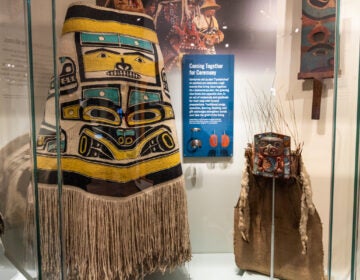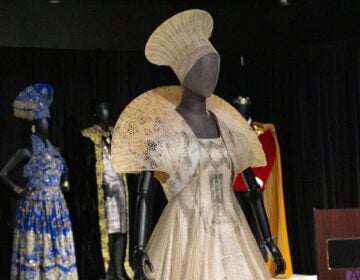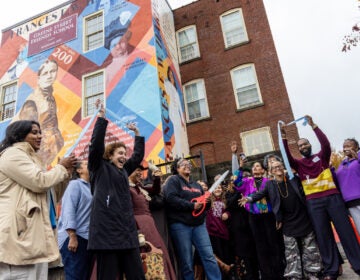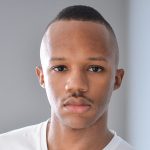‘Moonlight’ illuminates a new vision of the black community
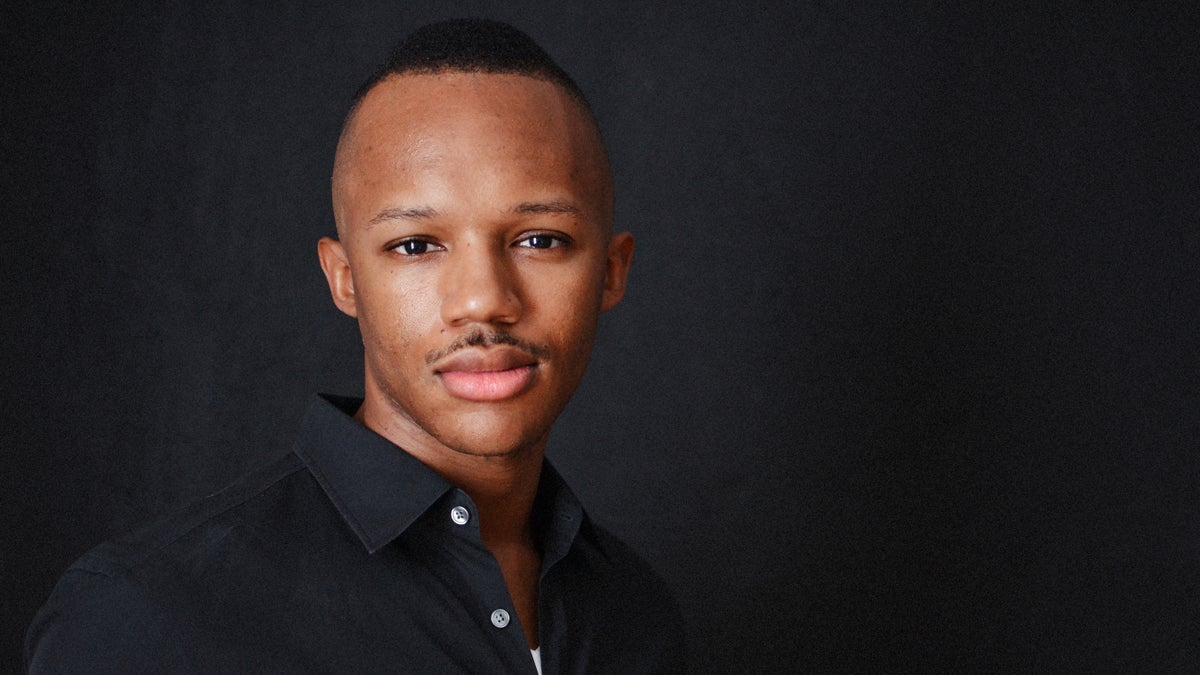
(Image courtesy of James Jones)
“Moonlight” is more than just an LGBT story. It subtly redefines who and what the black community is. Yes, there is violence, drugs, and poverty there. However, by focusing on the ordinary lives within in a black neighborhood, we see fuller representations of black life.
As I watched Chiron wrestle with his identity across three key stages in his life, the film “Moonlight” prompted me to revisit my own coming out.
The summer before my senior year of college, I told my best friend I was gay. Like Chiron, I lacked the words and confidence to verbalize what I felt and who I was. I felt safer confiding in her over AOL Instant Messenger after abruptly ending a phone call.
I tell my coming out as a one-man play in which I decide for myself to accept, embrace, and live my truth. However, it was far that. As in “Moonlight,” my coming out was supported by an ensemble cast. Across the film’s three acts, we witness family, friends, and even strangers support, counsel, and nurture a black man who does not fit in. They know about Chiron even before he does. As he turns inward, they encourage him to open up to the truth about himself.
In this way, “Moonlight” is more than just an LGBT story. It subtly redefines who and what the black community is. Yes, there is violence, drugs, and poverty there. However, by focusing on the ordinary lives within in a black neighborhood, we see fuller representations of black life.
Growing up in North Philadelphia, I was like Chiron. I did not exude traditional masculinity or fit into black male cliques. Although I existed on the margins, I was never alone. My childhood was filled with people like the movie’s Juan and Theresa, people who saw me as I was, offered protection, and guided me into adulthood. I have known my own versions of the character Kevin, who befriended me even though I was not the archetype of masculine bravado. “Moonlight” revealed to me how my coming out was not an individual act, but one that was supported and facilitated in part by my community.
“Moonlight” captures the beauty of blackness. The movie forces us to interrogate and expand our conceptions of black masculinity, but it also presents a new image of the black community for us to consume. It locates queerness, compassion, and love throughout the black community, shining an intersectional spotlight on queer lives.
Through the transitions of Chiron’s life, it explores the bonds that endure. In the moonlight, we see black, queer life at the center of the black community. In the moonlight, I can more clearly see myself and those who have stood next to me all my life.
Amid the shadows and darkness, moonlight gives us the chance to hope. Removed from privilege and decentered from whiteness, the film provides a new pathway to explore LGBT experiences. In this pursuit, these narratives do not have to be grand. As director Barry Jenkins and writer Tarell Alvin McCraney demonstrate, engaging simple questions of what it means to love and to live is enough. These simple questions can be asked in a multitude of ways, and answered to show the diversity of queer life.
If the moonlight illuminates, it also obscures. It is certainly worth celebrating new heights of queer visibility in American cinema and society more broadly. However, we must ask ourselves what remains unseen.
While protests bring black lives into the center of American political discourse, and discriminatory “bathroom bills” designed to exclude transgender people galvanize a new progressive social movement, the intersection of race and gender identity remains completely ignored. The American public remains unaware of the numerous murders of transgender women of color. These deaths are not prioritized in either mainstream race-based or LGBT organizations. “Moonlight” shows how intersectionality matters in film, however, this appreciation must manifest in our activism in real life.
WHYY is your source for fact-based, in-depth journalism and information. As a nonprofit organization, we rely on financial support from readers like you. Please give today.


